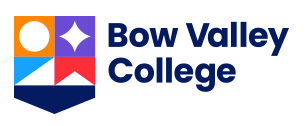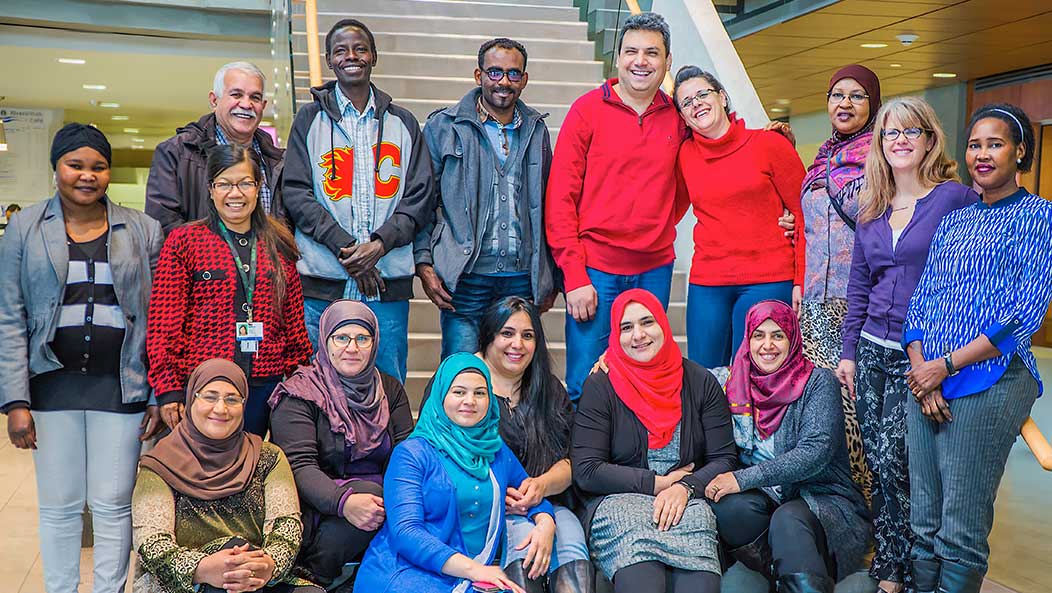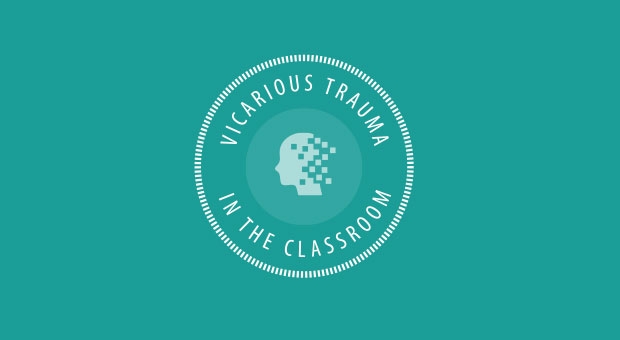Phases
Project Description
Vicarious trauma in the classroom: Exploring language instructor experiences is a three-year project funded by the Government of Canada that will engaged language instructors and newcomers in a co-creation process to develop, pilot, and evaluate evidence-based strategies to support faculty in preventing and coping with vicarious trauma.
Vicarious trauma is an adverse impact on the mental health of people who work with survivors of traumatic events. Even when English language instructors are highly trained, skilled, and qualified, they are not immune to the distressing stories they hear in the classroom.
The School of Global Access, in partnership with the Calgary Immigrant Women’s Association (CIWA) and Mount Royal University’s Dr. Pat Kostorous, created a suite of resources for immigrant serving agencies and community organizations providing English language learning programs. Additionally, the project offered policy makers evidenced-based research and strategies to support and inform future program design. Academics have a greater understanding of an understudied area with a contribution to the broader fields of mental health, adult education, and immigration and settlement studies. Finally, instructors and newcomers engaged in the project’s co-creation process gained skills in research, program design and development, community-building, evaluation, and knowledge mobilization.
The project’s overall outcome is creating an increased capacity for service providers to deliver responsive and coordinated settlement and community services through a co-created suite of resources, leading to improved language learning outcomes and integration for newcomers accessing language classes.
Partners & Network
The School of Global Access, along with the Calgary Immigrant Women’s Association (CIWA) and Dr. Pat Kostorous from Mount Royal University are engaged language instructors and newcomers in a co-creation process to develop, pilot, and evaluate evidence-based strategies to support faculty in preventing, and coping with, vicarious trauma.
Project Partners
Dr. Pat Kostorous, Mount Royal University
Dr. Kostorous is a Professor with Mount Royal University’s Faculty of Health, Community & Education where her areas of instruction focus on counselling theory and skills, group process, trauma, family intervention, self-care, and policy.
Calgary Immigrant Women’s Association (CIWA)
CIWA is a culturally diverse settlement agency that recognizes, responds to, and focuses on the unique concerns and needs of immigrant and refugee women, girls, and their families.
Network Partners
In the final phase of the project, the piloting of material expanded to include four national network partners:
- Immigrant Services Association of Nova Scotia (Halifax, Nova Scotia)
Immigrant Services Association of Nova Scotia (ISANS) helps immigrants build a future in Nova Scotia, through integration services in settlement, employment, language, business, and community connections. - NorQuest College (Edmonton, Alberta)
NorQuest College is a regional community college committed to delivering education that transforms lives and strengthens communities. - TESL Ontario (Ontario)
TESL Ontario, established in 1972, is a non-profit organization serving the needs of teachers of English as a Second Language and English Literacy Development. In its commitment to professional development and advocacy, TESL Ontario addresses the range of competencies, experiences, and issues which influence the success of immigrants, refugees, visa students, and others who are learning English. - Vancouver Community College (Vancouver, British Columbia)
Vancouver Community College offers academic, cultural, and social environments that inspire relevant real-world training.
Research Plan
The successfully completed first phase the Vicarious trauma in the classroom: Exploring language instructor experiences project focused on gathering data about vicarious trauma as an adverse impact on the mental health of people who work with survivors of traumatic events, specifically English language instructors. We interviewed 52 language instructors, program coordinators, and trauma experts in this phase.
In phase two, the project was guided by a participatory, mixed-methods approach integrating co-creation teams of language instructors and language learners alongside project partners at Mount Royal University and CIWA, as well as team of student research assistants. The research and analysis informed a suite of resources for language instructors to create a five-module toolkit for instructors that work with trauma survivors. Phase two also saw the co-creation teams contribute to the data analysis, resource design, and pilot preparation.
| Phase | Task | Timelines |
|---|---|---|
| Phase One | Research | April 2020 - December 2020 |
| Phase Two | Co-creation of resources | January 2021 - August 2021 |
| Phase Three | Initial Piloting and Evaluation | September 2021 - March 2022 |
| Phase Four | National Piloting and Evaluation | April 2022 - March 2023 |
Phase three consisted of the project’s first pilot. It was be conducted by instructors at the College and project partner, CIWA throughout Fall 2021. Instructors were asked work with the instructor toolkit developed in phase two. Participants also attended an introductory session on the resources before being asked to use them. Key to the project is the ongoing developmental evaluation during this phase. It included pre- and post-tests, surveys, and reflective interviews.
The final phase was an extension of the piloting in phase three, and it expanded to a national scale. Working with our national partners, pilot participants will be recruited from Vancouver, Edmonton, Ontario, and Halifax. Building on the feedback and evaluation of the Calgary-based pilot, instructors from across Canada used the instructor toolkit for one semester while participating in ongoing evaluation of their experience.
The overall objective for the project was for the pilot outcomes to inform our final output. The tested instructor toolkit was revised and will be made available nationally to ensure the resource is applicable to ELL classrooms across Canada.
Newsletters:


